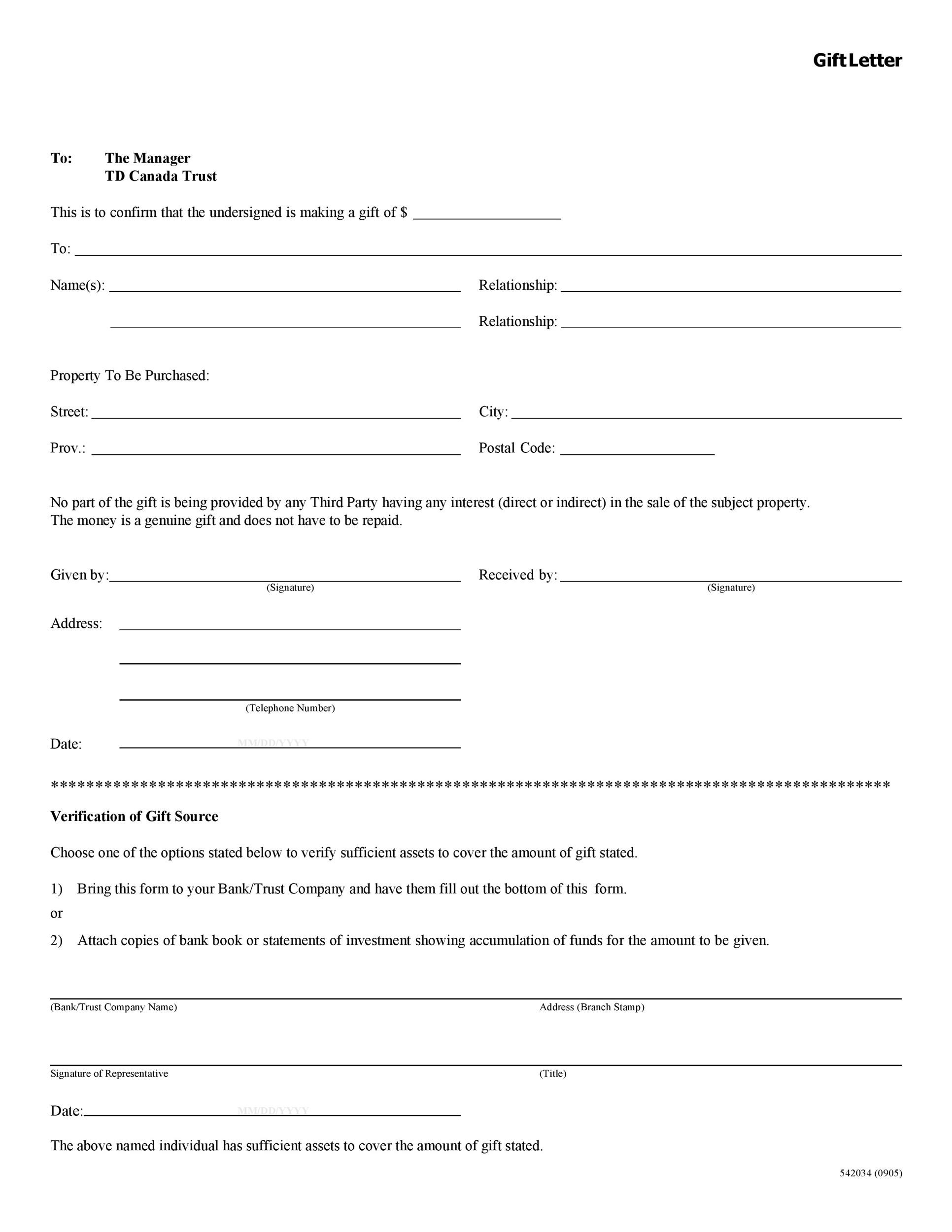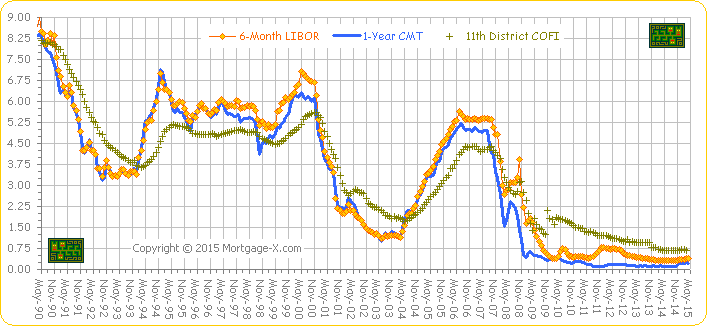Facts About Why Are Reverse Mortgages A Bad Idea RevealedMaking sacrifices now can go a long way towards achieving your homeownership objectives. Charge card or loans with high rate of interest can hurt your credit and are costly in the long run. Concentrate on paying down these accounts initially, and you'll see a snowball effect on minimizing your financial obligation. When these accounts are paid off, you can then apply the month-to-month payment quantities toward your down payment savings.

Rather, use them minimally (buy gas or an occasional dinner at a dining establishment) and pay the balances off immediately. This behavior assists reinforce your credit payment history and reveals responsible usage to credit bureaus and loan providers. Lots of first-time buyers discover they can save much faster if they increase their income.
Even if you work temporarily for 6 months or a year prior to purchasing a house, the additional earnings could be the increase you require for a good down payment. It's possible to buy a house if you don't have much cash saved up for a deposit. Shopping around for the ideal loan provider and loan type is a vital action.
Likewise, do not forget to take advantage of down payment assistance programs offered by your state or city. If someone uses a monetary present towards your down payment, ensure they comprehend it can not be a loan. Lastly, there's no faster way to conserving for a down payment: It takes some time, discipline and effort.
Putting down more money upfront decreases the amount of cash you have to borrow, which suggests a lower month-to-month payment. And if you put down a minimum of 20 percent, your lending institution will not need you to acquire home loan insurance, which also lowers your month-to-month expenses. On the other hand, if putting down 20 percent will drain your cost savings, leaving you without money for emergencies, it may be much better to make a lower deposit.
When you buy a home, you'll likely make a down payment on the purchase, which is the quantity you're not funding with a home loan. Here's whatever you require to understand about making a down payment on a home, including what the minimum deposits are for different kinds of mortgages.
Suppose you desire to buy a home priced at 0,000. If you put ,000 toward the purchase rate, or 3 percent down, you'll get a home mortgage for the staying ,000. If you were to put down ,000, your home mortgage would now be for ,000, and your down payment would equal 20 percent of the purchase cost.
How Do Interest Rates Affect Mortgages Fundamentals Explained
Utilizing the above examples: When you put ,000 down (3 percent) on a 0,000 home, your LTV is 97 percent. When you put ,000 down (20 percent) on a 0,000 home, your LTV is 80 percent. LTV is important due to the fact that it's how loan providers describe the maximum loan they will make.
Here's an example: Finley 7,667 ,000 3% 6. 60 9. 11 5. 71 Kerry 0,000 ,000 10% 9. 35 5. 35 Note: This example presumes a 4 percent rates of interest. Sources: Bankrate, Radian home mortgage insurance calculatorNote that there is a trade-off in between your down payment and credit rating. Larger down payments can offset (to some extent) a lower credit score.
It's a balancing act. For many novice purchasers, the down payment is their biggest obstacle to homeownership. That's why they frequently turn to loans with smaller sized minimum down payments. Much of these loans, however, require borrowers to buy some kind of mortgage insurance. Usually, lenders will require mortgage insurance if you put down less than 20 percent.
Consider this: If you save 0 a month, it will take you more than 12 years to build up the ,000 required for a 20 percent deposit on a 0,000 home. Very couple of mortgage programs enable 100-percent, or zero-down, funding. The factor for requiring a down payment on a house is that it reduces the risk to the lending institution in several ways: Property owners with their own money invested are less most likely to default (stop paying) on their mortgages.
Conserving a deposit requires discipline and budgeting. This can establish borrowers for successful homeownership. There are two government-backed loans that need no deposit: VA loans for servicemembers and veterans and USDA loans for eligible purchasers in backwoods. There are numerous methods to come up with a deposit to purchase a house.
Other sources include: Some down payment sources, however, are not permitted by lending institutions. These include loans or gifts from anybody who would benefit from the deal, such as the home seller, property representative or loan provider. If you've never ever owned a house, conserving for a down payment provides good practice for homeownership.
You can "practice" for homeownership by putting the 0 difference into savings. This achieves three things: Your deposit cost savings grows. You get utilized to having less pocket money. You may prevent an expensive mistake if you realize that you can't manage the bigger payment. Lots of economists agree that having a deposit is a great sign that you're prepared for homeownership.
[youtube https://www.youtube.com/watch?v=bEX2VRKDd9c]
Things about What Is The Interest Rate For Mortgages Today
A lot of first-time homebuyers wish to know the minimum deposit on a house. It depends upon the mortgage program, the type of property you purchase and the rate of the house, but usually ranges from absolutely no to 20 percent for a lot of types of home mortgages. You might be shocked to find that some home loan programs have low down payment requirements.
However, to make up for the threat of this low deposit, conventional lending institutions require debtors to purchase private mortgage insurance coverage, or PMI, when they put less than 20 percent down. https://consent.yahoo.com/v2/collectConsent?sessionId=2_cc-session_65e846f9-ac59-4d4d-973f-3c162ae30baf With PMI, you can obtain approximately 97 percent of the house's purchase price or, to put it simply, put just 3 percent down.
A few of the mortgage programs requiring the smallest deposits are government-backed loans: FHA, VA and USDA. FHA loans need 3. 5 percent down for customers with credit ratings of 580 or greater. Borrowers with lower credit rating (500 to 579) need to put a minimum of 10 percent down. Eligible VA loan customers can get home mortgages with zero down (100 percent LTV). what does arm mean in mortgages.
Government-backed loans need debtors to spend for some kind of home mortgage insurance coverage, as well. With FHA and USDA loans, it's called MIP, or home mortgage insurance premiums. For VA loans, it's called a financing fee. This insurance covers prospective losses suffered by home loan lenders when debtors default. Because insurance protects loan providers from losses, they want to allow a low deposit.
In basic: Do not diminish your emergency situation savings to increase your down payment. You're leaving yourself vulnerable to monetary emergencies. It's not smart to put savings towards a bigger deposit if you're carrying high-interest debt like charge card. You'll make yourself more secure and pay less interest by lowering financial obligation prior to conserving a deposit. That's why we offer functions like your Approval Chances and cost savings price quotes. Obviously, the offers on our platform do not represent all monetary items out there, but our objective is to reveal you as numerous fantastic alternatives as we can. The brief answer is: probably not. You likely will not find lots of options for a down payment loan which is an individual loan that you use to make a down payment on a home.
Rather, you may have better luck looking for a home mortgage that doesn't require a 20% deposit. Let's take a look at some deposit alternatives that might help you on the roadway to financing your dream home. Searching for a mortgage? Conserving for a down payment can be difficult, but putting money down on a house purchase is a good concept for several factors.
A smaller loan amount normally implies smaller sized month-to-month home mortgage payments. Minimizing the quantity you borrow may mean you'll pay less interest over the life of your home http://www.wesleygroupreviews.com/wesley-financial-chuck-mcdowell-inspiration-success/ loan. For example, let's say you're buying a 0,000 house with a 4% interest rate. If you put 10% down, you 'd pay 9,365 in interest over 30 years.

Unknown Facts About How Are Adjustable Rate Mortgages Calculated
If you put down less than 20%, you'll likely have to pay private mortgage insurance, or PMI, though a few kinds of house loans don't require it. This extra insurance https://christianforums.net/Fellowship/index.php?threads/bailing-on-a-timeshare.71048/ will increase your regular monthly payment amount. Equity is the distinction in between how much your home is currently worth and the quantity you owe on it.
Making a down payment can help develop equity that might protect you from changes in your house's worth. You might have heard that you require a down payment equivalent to 20% of the overall expense of the home you desire to buy however that's not always the case. How much you in fact need for a down payment depends upon the kind of home mortgage you're considering.
Depending upon the mortgage loan provider, down payment requirements can be as little as 3%. But if you're putting down less than 20%, a lot of loan providers will require you to pay PMI. Conventional loans are the most typical, presently making up approximately two thirds of all home loan. FHA loans are available to customers who are putting down as little bit as 3.
Present service members,
About This Author | Crista
Joined: December 22nd, 2020
|
|